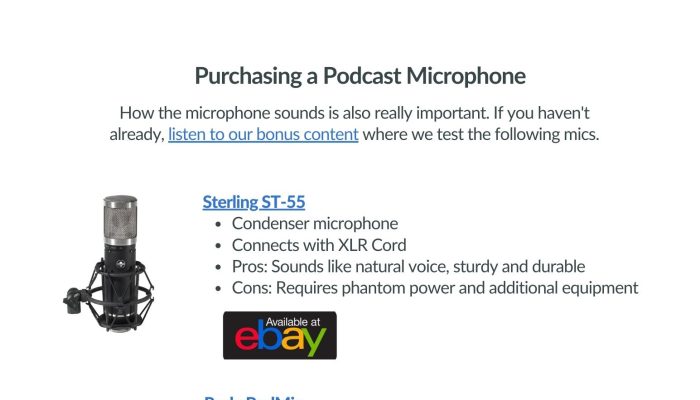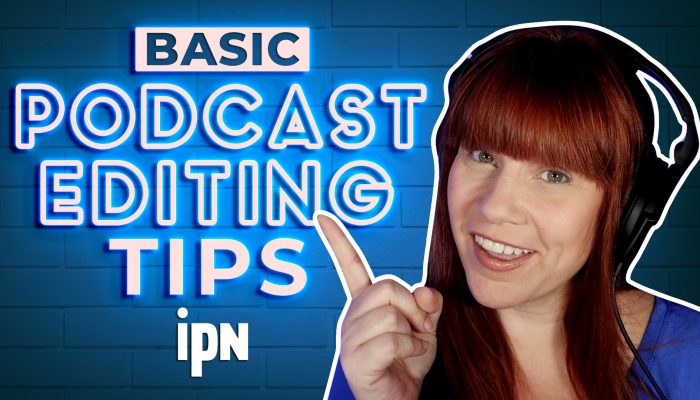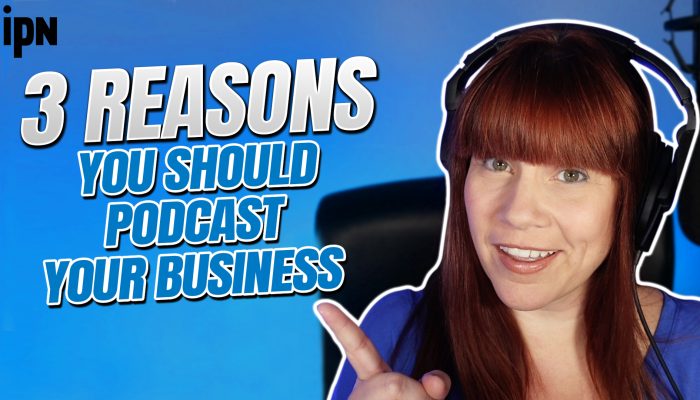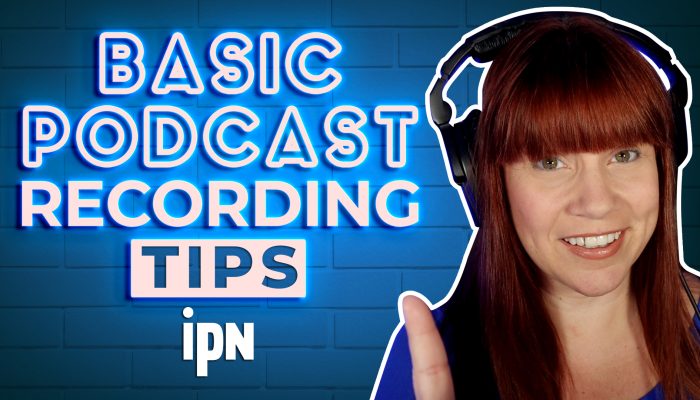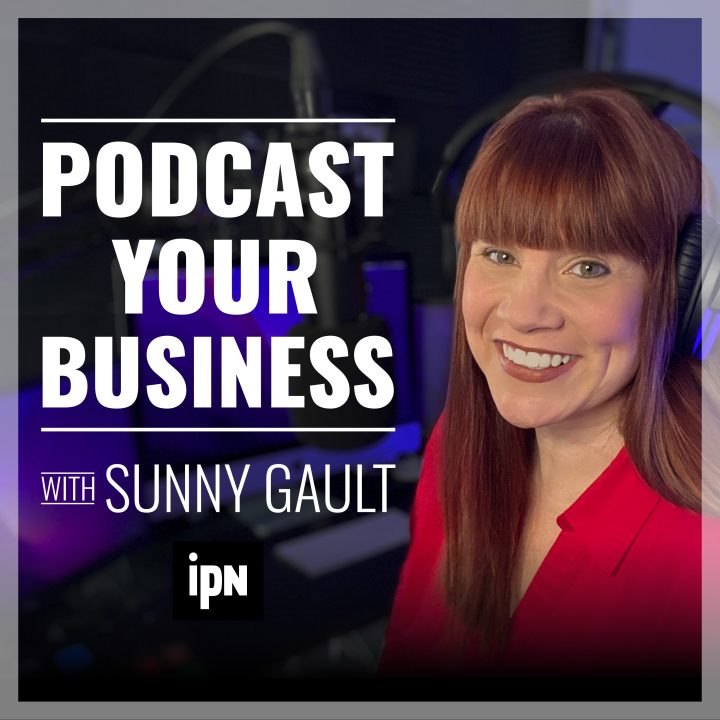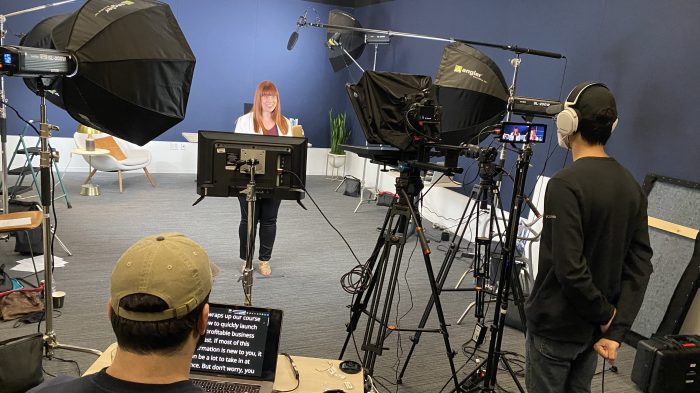
Picture this: you started your podcast as a fun hobby, a creative outlet to share your passion with the world. You poured your heart into each episode, spending countless hours researching, recording, and editing. At first, you were thrilled if even a handful of listeners tuned in.
But then, something incredible happened. Your download numbers started climbing, your inbox filled up with fan mail, and your social media channels buzzed with activity. Your little hobby podcast was suddenly gaining serious traction, and you found yourself at a crossroads. Do you keep podcasting as a side gig, or do you take the leap and turn your passion into a full-time career?
Signs It’s Time to Invest More in Your Podcast
One of the clearest indicators that it’s time to invest more in your podcast is a steady increase in your audience size. A consistent uptick in listeners over several episodes or months is a surefire sign that your content is resonating with your audience. Keep track of your analytics to identify patterns and trends in your listener behavior. Then, use this information to guide your podcast’s growth strategy.
As your podcast grows, you may also notice increased engagement from your listeners. If you’re receiving more comments, emails, or social media interactions, it means your listeners value your content and want to be part of your podcast community. Respond to their feedback, ask for their input, and use their engagement to shape your future episodes. Building a strong community for your podcast is crucial for long-term success.
Once you start receiving offers for monetization opportunities and partnerships, it’s really time to start thinking about investing more in your podcast. This is a clear-cut sign that you are on the right track. It means you can start actually making money off of your hobby podcast so long as those offers are legit.
Prioritizing Tasks for a Smooth Transition
The transition from a hobby podcast to something more is a gradual process that takes time. So, remember to stay patient with yourself and celebrate the small victories. With that said, here are the tasks you should prioritize as you start to work on transitioning from a hobby podcaster to a professional:
- Improve Your Current Workflow: As your podcast grows, it’s essential to take a step back and evaluate your current workflow. Are there any tasks that are taking up too much of your time or causing unnecessary stress? Are there any processes that could be streamlined or automated? Take a critical look at your podcast production process, from planning and recording to editing and promotion. Identify any bottlenecks or inefficiencies, and brainstorm ways to improve your workflow.
- Invest in Better Equipment: If you’re serious about taking your podcast to the next level, it may be time to upgrade your equipment and software. While you don’t need top-of-the-line gear to create a great podcast, investing in quality tools can make a significant difference in your show’s overall production value. Consider upgrading your microphone, recording software, or editing tools to improve your podcast’s sound quality and streamline your workflow.
- Create a Content Calendar: Consistency is key when it comes to building a loyal podcast audience. As your podcast grows, it’s crucial to establish a consistent release schedule that your listeners can depend on. Whether you choose to release episodes weekly, bi-weekly, or monthly, make sure you stick to your schedule as closely as possible. To help stay organized and on track, create a content calendar that outlines your upcoming episodes, guest interviews, and promotional activities.
- Develop a Marketing Strategy: It’s important to have a solid marketing and promotion strategy in place to keep the momentum going. This could involve leveraging social media platforms to engage with your listeners, reaching out to other podcasters for cross-promotion opportunities, or experimenting with paid advertising to reach new audiences. Consider creating shareable content like audiograms, quotes, or behind-the-scenes photos to promote your episodes and encourage listener engagement.

Balancing Growth with Your Passion
While growing your podcast, you will run into some challenges. The key to overcoming these difficulties lies in maintaining the joy and fulfillment you feel while producing your podcast as a hobby. Here are a few tips to grow your podcast without losing your passion.
Remember Why You Started Your Podcast
What was the initial spark that inspired you to grab a microphone and start recording? Was it a desire to share your knowledge, tell captivating stories, or simply connect with like-minded people? Keep that original passion and purpose at the forefront of your mind as you navigate the challenges of growth. Your enthusiasm for your subject matter and unique style will shine through in your content and keep your listeners coming back for more.
Write Down Your Goals
Set achievable goals for your podcast’s growth, such as reaching a specific download count, securing a certain number of sponsorships, or launching a successful merch line. Break these larger goals down into smaller, actionable steps that you can work towards on a daily or weekly basis. Celebrate your progress along the way, and don’t get discouraged if things don’t happen as quickly as you’d like.
Avoid Burnout by Delegating Tasks
Don’t be afraid to delegate tasks to team members or outsource certain aspects of production if possible. Collaborate with guest hosts, invite listeners to contribute content, or hire a virtual assistant to help with administrative tasks. Hiring a professional editor can upgrade the quality of your podcast while taking a massive task off your plate. Most importantly, make sure to carve out time for self-care and rest.
Making the Leap to a Full-Time Podcasting Career
Transitioning to a full-time podcasting career means treating your podcast as a legitimate business. Develop a comprehensive business plan that outlines your podcast’s mission, target audience, unique value proposition, and financial projections. You can make this easier by having some financial stability to overcome any financial risks in podcasting. Try to save up enough to last a few months without much income while you build up your podcast and get used to podcasting full-time.
As you make the leap, look to create multiple streams of revenue. While sponsorships and advertising are often the first revenue sources that come to mind, there are many other ways to monetize your podcast. Consider offering exclusive content or bonus episodes through a subscription-based platform like Patreon. Develop and sell digital products such as e-books, courses, or workshops related to your podcast topic. Even running affiliate advertisements can help bring in some cash when needed. These multiple streams give you a bit more income stability during your growth.
Conclusion
The journey from a hobby podcaster to a full-time professional is an exhilarating and challenging one. It requires a careful balance of passion, strategy, and resilience. By staying attuned to the key signs of growth, such as consistent download increases, audience engagement, and monetization opportunities, you’ll know when it’s time to start investing more time and energy into your podcast.
